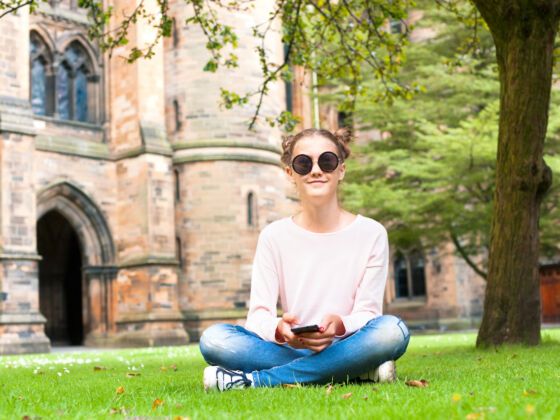My first encounter with a mobile phone was on a day in the not-too-distant past when my friend picked me up to go to Ocean Beach in San Francisco. After soaking in the sunshine for a couple of hours, we returned to her car parked along the Great Highway. That’s when opportunity came knocking. Or so I thought.
I recognized the battery-dying sound of the engine turning over ever so faintly from my old VW Bus days, and I envisioned past trips when a breakdown by the side of the road had invariably led to an unforgettable adventure. Like the time when a horde of barefooted strangers jumped out of a van to help me and my friends push the bus through the snow to a hot spring in the Eastern Sierra Nevada. The all-nighter we spent dancing in a Motel 6 room due to a broken accelerator cable. Or the wicked funny mechanic dude with the taco grill in his Mojave desert repair shop. You know, unchoreographed divine interventions.
